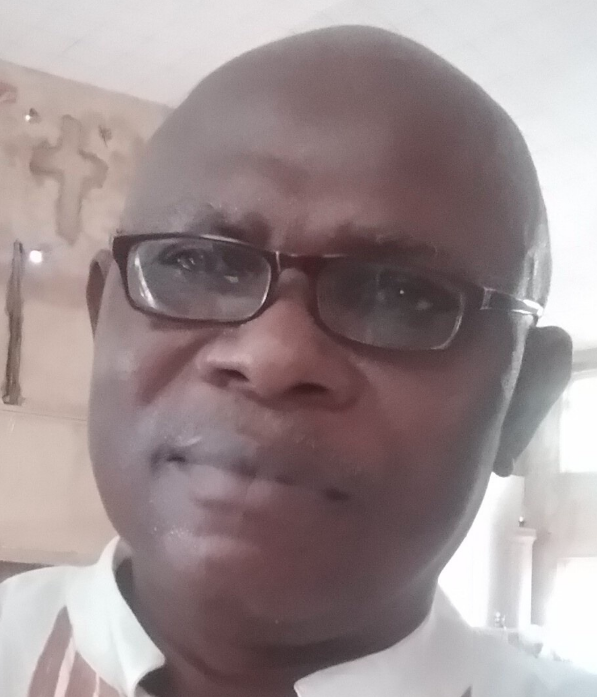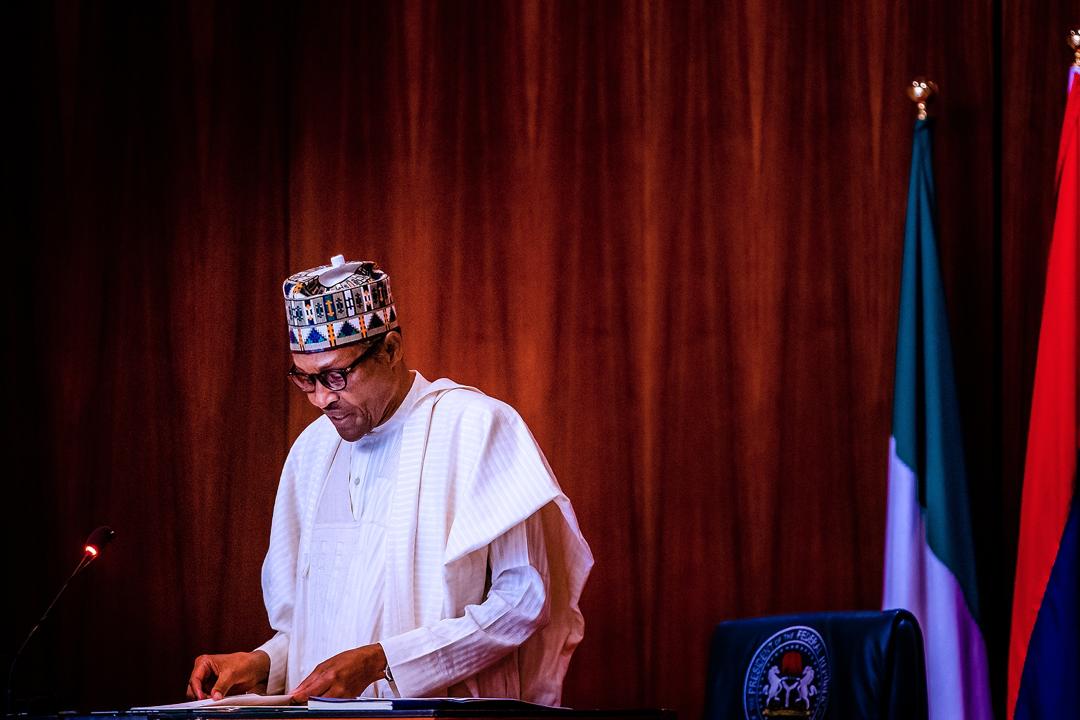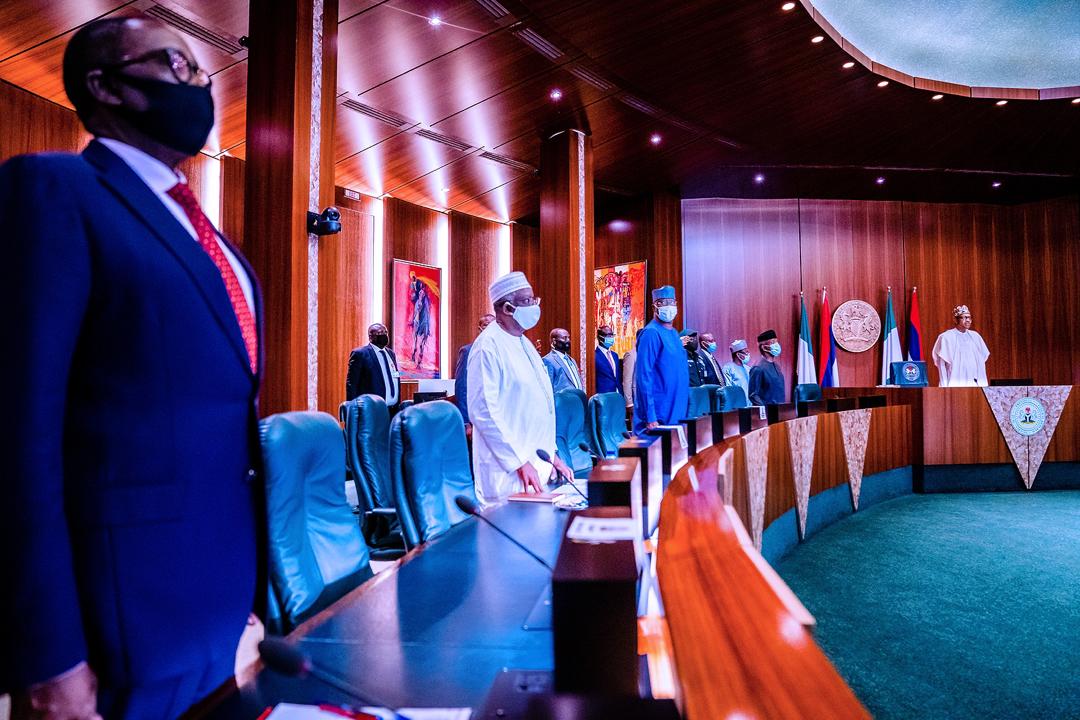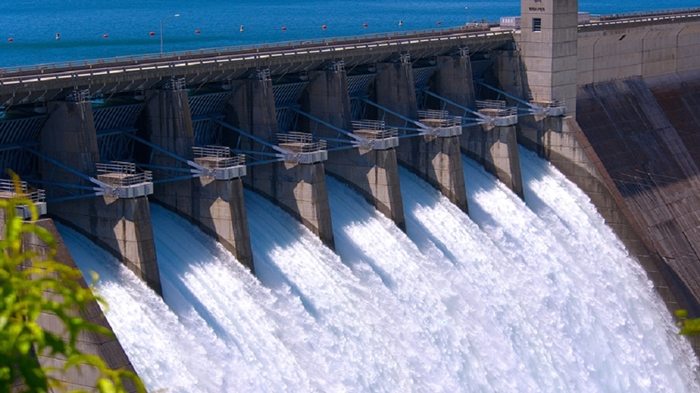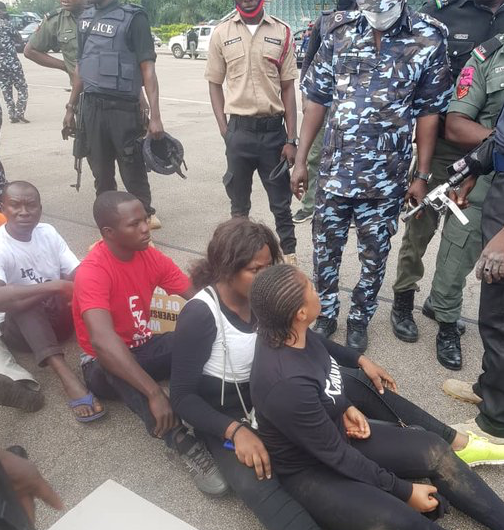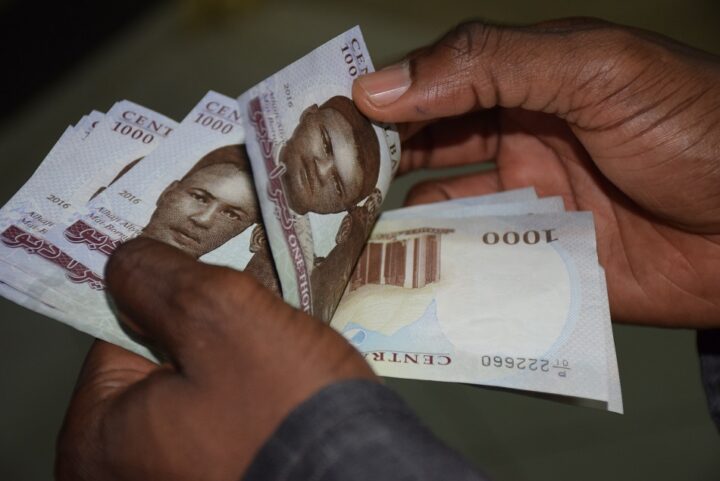A more apt headline for this piece would have been, Where is President Muhammadu Buhari? One did not want to give the impression that the President was missing in action or inactive. Certainly, the President’s presence in the affairs of Nigerians is missing or we are missing it.
He tends not to understand Nigerians. His breezy assessment of his administration, awarding full marks to himself for his wonderful performances amidst challenges, vary with the realities of Nigeria. The President should be aware or should he not?
Nobody should make further excuses for him. He recounted a meeting with American President Donald Trump with details. If he remembers that he should remember the promises that brought him to office.
COVID-19 is not responsibility for where Nigeria is. The befuddlement is unnecessary. Our refineries never worked before the pandemic. The games being played with electricity supplies and prices we pay preceded COVID-19. These are only but a few reminders
Advertisement
that the President should look at his Nigeria again.
Food scarcity will remain if insecurity scares our farmers from their farms. This is more basic than the other troubles with our food production.
The times are more challenging than ever. Everywhere one turns, there are complaints about the failures of our government. Prices are rising, incomes – for those who earn any – are falling. Uncertainty appears to be Nigeria’s new certainty.
Advertisement
It is not enough for the President to offer global explanations for what is happening, including the approaches to the management of COVID-19. Our challenges were there five years ago. They have worsened. While we are trying to put our lives together
the absence of assuring voices from our governments, and most importantly the President, poses more challenges.
Some insist that the President’s silence is a better option. He could say a few things that would throw Nigerians into more despair. He just did at the retreat for his Ministers.
All we hear are price increases for essentials fuel, electricity, foods, and as the impact of the price increases swirl through all sectors of the economy, the gloomy picture that looms becomes drearier when governments keep warning us about more taxes,
Advertisement
more price hikes.
Yet the President awards himself high marks for sterling performances.
It is not as if the present pains would give way to a better future. Anyone who has lived in Nigeria for more than two decades would remember that petroleum products’ price increases are prefaced with the lie that today’s sacrifices were for a prosperous
future. We remember those promises and the emptiness they deliver.
Advertisement
How would Nigerians paying higher prices for petroleum products amount to the removal of subsidy of the “downstream sector” of the oil and gas industry? The currency is weak and weakening, we are importing the same products that we have all the raw materials
and refineries that are perpetually under repairs. Have we not had the same arguments for decades?
Advertisement
One can easily predict that the prices of imported petroleum products will keep rising. If we are paying more at a time of low crude oil prices ($42.97 per barrel, on 9 September 2020, according to World Oil) what happens if prices of crude hit $60 per
barrel?
Advertisement
In whose interest is the importation of refined petroleum products? What is difficult in having functioning refineries in five years? If the refineries worked, would they not create jobs, save the billions spent annually on importation of petroleum products?
Would the impact of working refineries on prices not be more reasonable than any subsidy can sustain?
Advertisement
Can the President still address these concerns with the retort that the Peoples Democratic Party, PDP, did nothing in 16 years? Was it not on the failures of PDP that All Progressives Congress, APC, rode to power?
Where the harsh economy fails to get us worried enough, other things kick in, chiefly insecurity. Has the President given up on making lives safer anywhere in Nigeria?
More Nigerians are investing their creative energies in migrating. They are not only professionals. The unskilled in higher numbers are making their way out of Nigeria. Many fall victims to crooks who promise to get them to countries of their choice but
their experiences have failed to stop others from trying.
Plight of those who perish in the desert, sink in the Mediterranean, trafficked for organ harvesting, sold into slavery, or quietly die in their little corners have failed to attract enough attention of our government.
There are lots of reasons to worry about the Nigerian condition. Feeble attempts to defend where we are fail to recognise how we got here. Even why we got here is more important. President Buhari told us five years ago that he was building a different
country. He was truthful. We are the guilty party for failing to interrogate the meaning of change.
He understood us. We did not understand him. Our meaning of change is entirely different from the President’s.
Nigeria has changed in the past five years. There is no point debating that. Have our lives not changed? Is anyone in doubt that the pre-May 2015 Nigeria is different from Buhari’s Nigeria?
After five years of listening to why things have been so bad, we should be at a stage where we see, not just hear, the solutions, or at least directions that point to solutions. There are none except the government’s self-praises of its feeble attempts
at translating change to improvement of the lives of Nigerians. Our lives have changed for sure.
Momentary motions like planes landing in Enugu, violent electioneering in Edo and Ondo States, planned re-opening of schools, purchase of grains from abroad, shut borders, amnesty for bandits, trains running smoothly from Abuja to Kaduna -while conceding
the Abuja-Kaduna Expressway to kidnappers – are considered remarkable in the spiral low expectations that have become the lot of Nigerians.
The most important change must be the projected completion of the 2nd Niger Bridge by 2023. No bridge has enjoyed the publicity reserved for the 2nd Niger Bridge which appears to summarise the impact of change.
We need the President to address us on the present, not the future of Nigeria. Hopefully, he would say things that can restore hope that governments still care about us – we, the ordinary people who the celebration of ordinariness tends to bother.
Please share. Your comments, complaints, concerns, and commendations are welcome.
Views expressed by contributors are strictly personal and not of TheCable.
Add a comment
